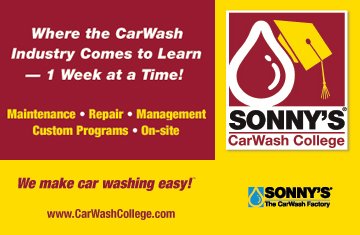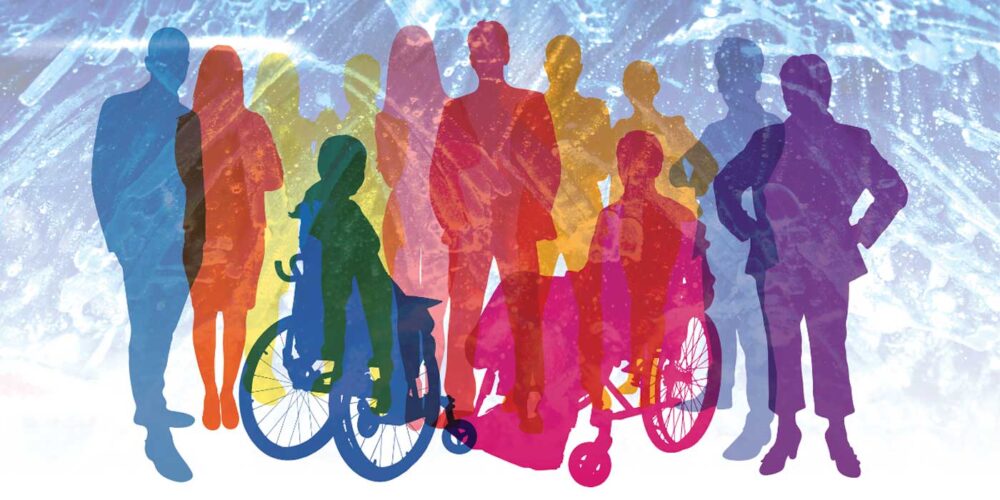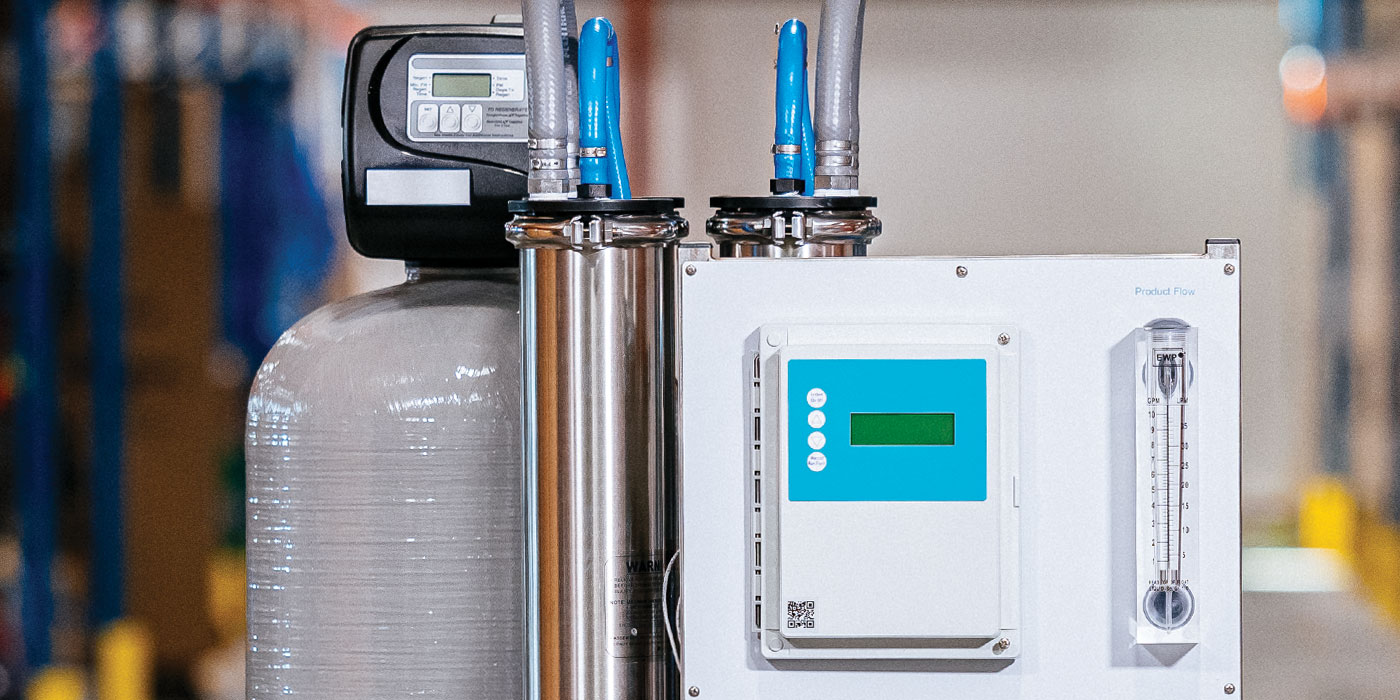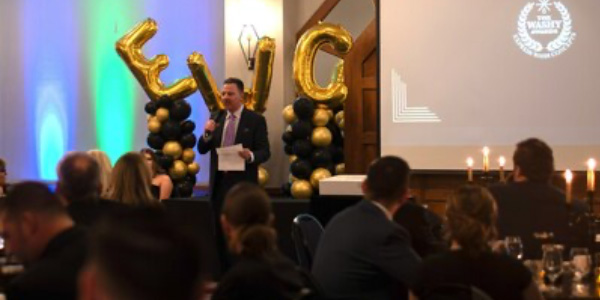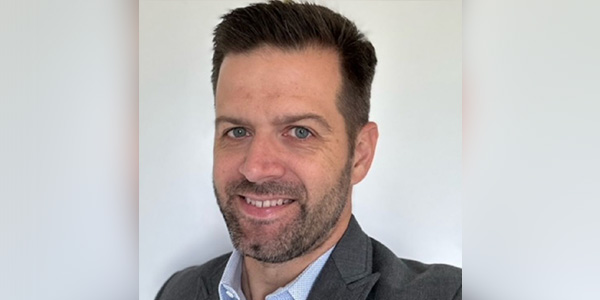Because communication is a human interaction, many barriers to effective communication are at work. Among them are organizational problems and interpersonal situations.
We can be interrupted and delayed for a variety of technical reasons. These are primarily organizational problems.
We can be angry at having been interrupted. That’s an interpersonal situation.
We can’t possibly address all of the organizational concerns and issues, but we can attempt to improve the interpersonal aspect of communicating at work.
Whatever the task or relationship involved, communication can always be viewed as a process.
There are basically three groups that we can categorize interpersonal barriers into.
They are:
- Individual barriers:
- Prejudices
- Values
- Opinions
- Belief Systems
- Feelings
- Habits
- Interpersonal barriers:
- Poor listening skills
- Sender and receiver have different agendas
- Lack of commitment to the clarity of the communication
- Situational barriers:
- Level of knowledge about the subject
- Language proficiency
- Physical condition
- Environment (standing beside the blowers)
These elements usually present barriers to communication that are difficult to deal with but can be minimized through skill development.
The Communication Process
In order to understand and improve our own communications, we have to take a look at the communication process and understand how it works.
In examining the process, we see the basics of message transaction. There is a sender, a receiver, a message, and each person’s “reality”.
- One-way communication
- The sender intends to sends a message, which he then
- “encodes” the message based on his reality, putting the intended message into words, which
- the receiver “decodes” based on his reality and interprets the message so as to make it meaningful to himself,
- which results in a message received.
- Two-way communication
- All of the above
- Questions are asked for information
Let’s take a look at this same process, with the addition of asking questions for information:
When the communication process is just one-way, the message suffers and the receiver feels frustrated. Imagine someone telling you something and you can’t ask for clarification or for them to repeat the information. When put in this situation the receiver feels frustrated and shuts down.
When we communicate in a 2-way fashion, the accuracy increases because you can ask for additional information. It also results in a greater commitment from the sender to the receiver.
When all barriers to the communication are removed, the intention of the sender will equal the impression of the receiver.
All our messages are subjected to the encoding and decoding process. When we understand that, we can use the process of two-way communication to increase effective communication. Even if only one person in the communication process is aware of and willing to use this mode, communications between the parties will improve.
Robert Andre is the President of CarWash College™. Robert can be reached at [email protected]. For more information about CarWash College™ certification programs, visit www.CarWashCollege.com or call the registrar’s office at 1-866-492-7422.

